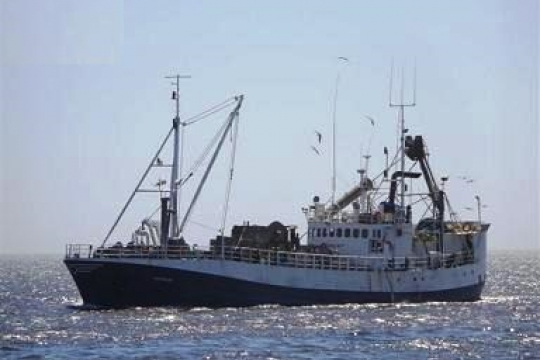This study reviews the nature and outcomes of policies, incentives and management procedures in the Namibian hake industry from independence in 1990 to the present. It is argued that, although based on individual quotas, Namibia’s post-independence management procedures have conflicted with the State’s commitment to efficiency.
Its ‘Namibianization’ policy and its attempt to increase domestic control of the hake industry both increased fishing effort and depressed hake stocks below economically optimal levels. Despite current over-capacity, government continues to reward new investments. Industry inefficiency has been further compounded by inconsistent rights allocation policies and the fragmentation of quota shares, which have reduced right-holders’ sense of stewardship over the resource. If the resulting loss of rents is to be reversed, the present policies and the associated perverse incentives will need to be re-evaluated.

